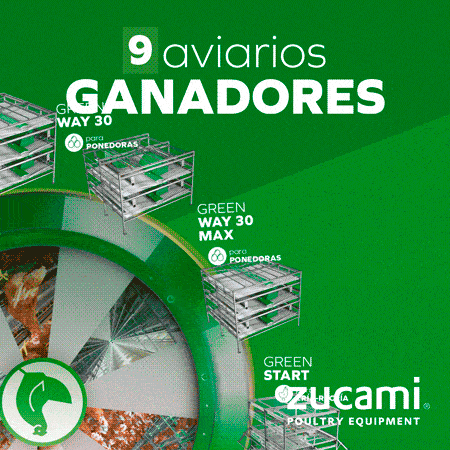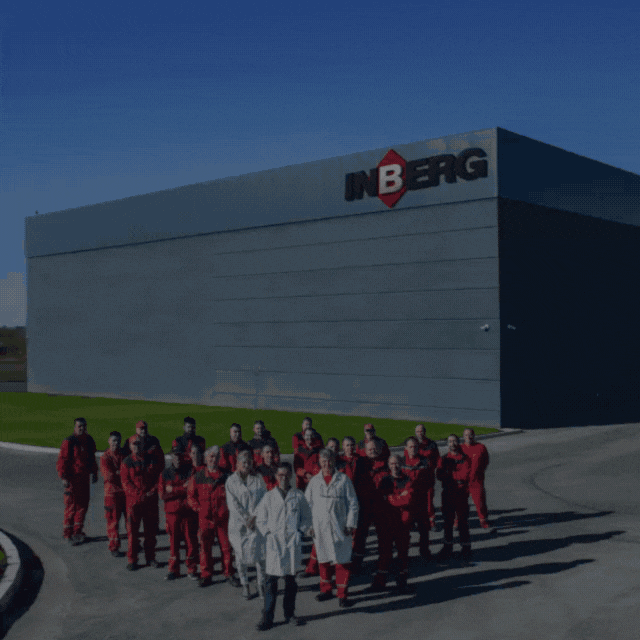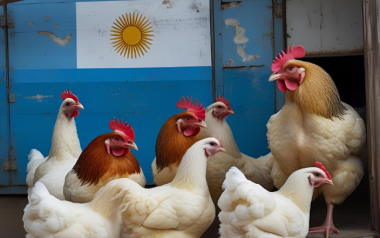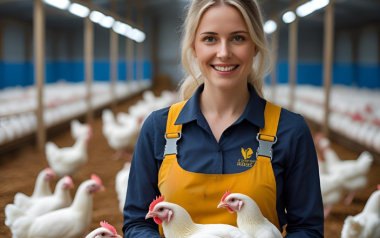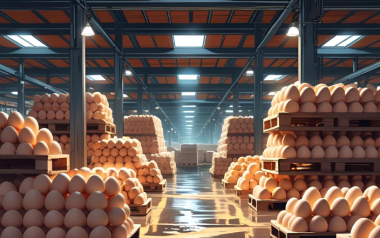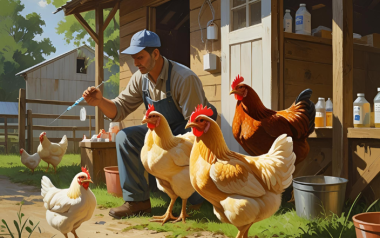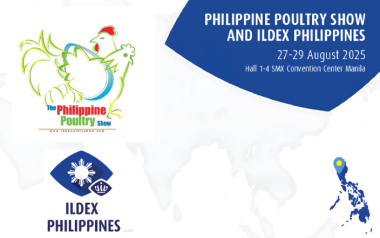16 Jul 2020
Vitamin C supplements can help reduce heat stress in poultry
When exposed to harsh environmental conditions such as excessive heat, chickens start to stress due to the activation of their […]
When exposed to harsh environmental conditions such as excessive heat, chickens start to stress due to the activation of their immune systems. Low ambient temperature, high levels of ammonia in the farms, dehydration, infection, overcrowding and rough handling are other examples of stressors in poultry operations.
Reactions to heat stress
High environmental temperature has been noted as the most common stressor of poultry in South Africa. It has a severe impact on the health of the bird, affecting its production, inhibiting them from attaining their maximum genetic potential and consequently affecting profits.
However the chickens possess many methods to deal with heat stress on their own, whether they are behavioural, biochemical or physiological in nature:
- Behaviourally: Seeing as birds do not possess any sweat glads, they resort to panting (hyperventilating) to trigger evaporative cooling. They also spread their wings, thus increasing their body surface area and staying close to cool surfaces.
- Biochemically: As the bird uses more oxygen, blood CO2 decreases. In addition, a change in the level of potassium disrupts cellular function.
- Physiologically: Heat stress stimulates the bird’s adrenal cortex, this leads to an increase in corticosteroid secretion. This leads to suppression of the immune system.
Insufficient corporal Vitamin C production
Poultry undergo heat stress when they get exposed to an ambient temperature higher than 30°C. While reducing the ambient temperature is near impossible, especially during harsh African summertime, it is possible to alleviate it via supplements.
Vitamin C (ascorbic acid) plays an important role in reducing the effects of heat stress in poultry. It is naturally synthesised in the kidneys, however, when chickens are exposed to excessive heat, production of this important vitamin decreases, meaning that we must resort to supplementing it externally.
Vitamin C is required for the absorption of vitamin D3 into its metabolic form. This is an important biochemical process as it is essential for calcium metabolism as well as egg and bone calcification. It also plays a role in the immune process.
The supplementation promotes mineral mobilisation from the bones and increases plasma calcium levels for improved eggshell formation.
Using a vitamin and electrolyte supplement can increase body weight, improve energy levels and help alleviate the effects of heat stress in poultry.
Source: https://www.farmersweekly.co.za/animals/poultry/reduce-heat-stress-in-poultry-with-vitamin-c-supplementation/



